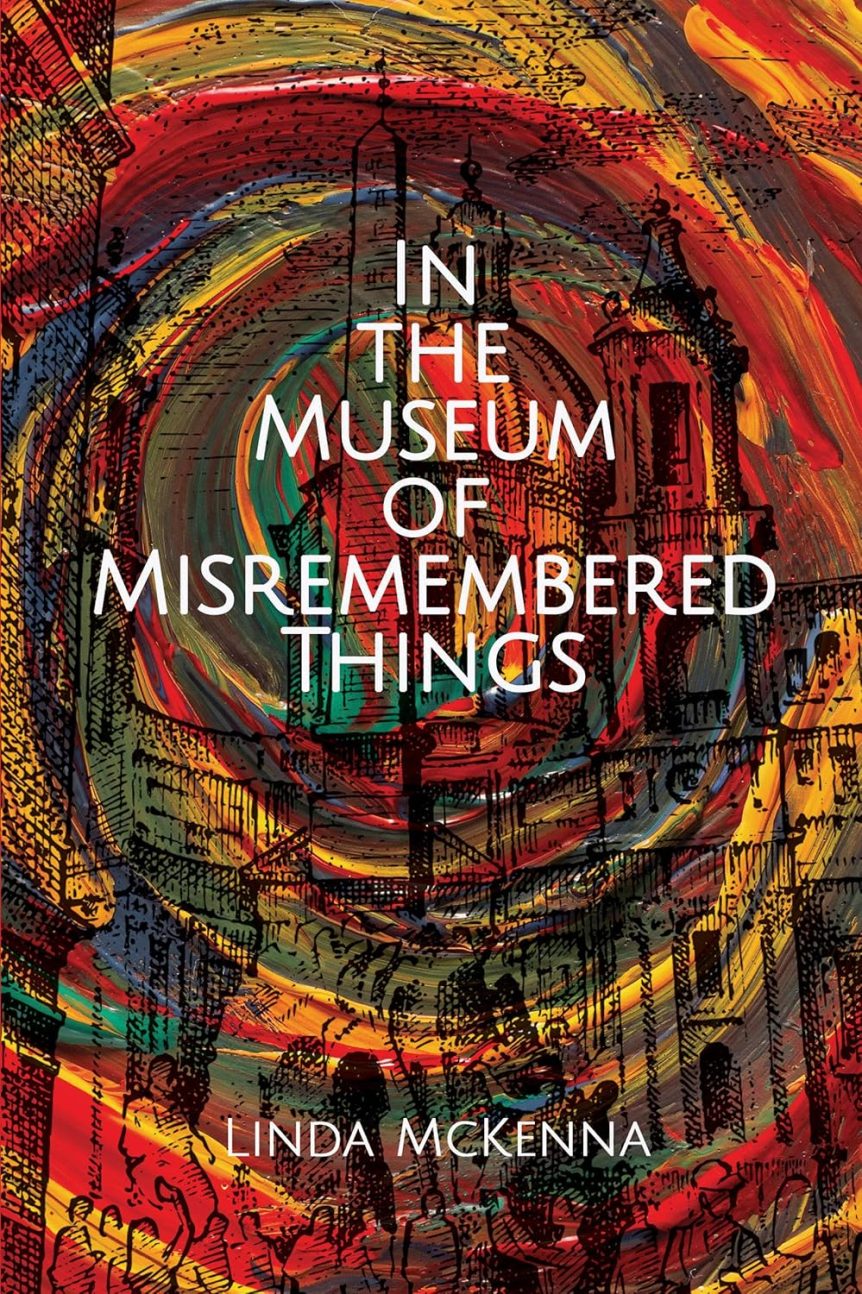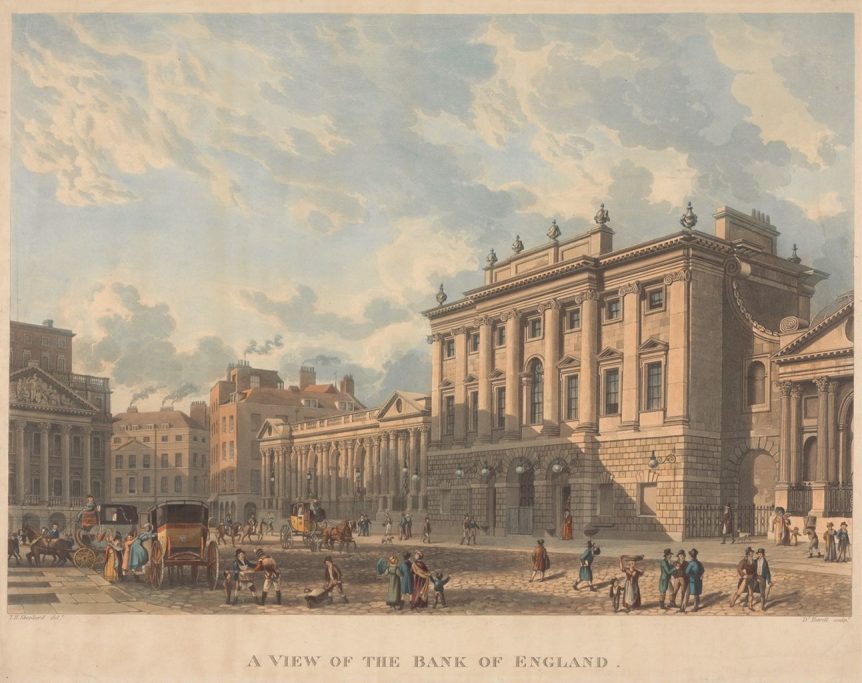How do you go about preparing to write a collection?
I think with this collection I had come across the story of Elizabeth Dunham and I was absolutely fascinated with it. I read about her, I do often use historic sources and archival material for my work, and that gave me a starting point.
I started jotting down notes, in some cases I had titles, some of which I didn’t use, and I compiled a list of ideas which I wanted to cover and themes I wanted to follow.
And this is your second collection?
I think the debut collections are much more general, usually with all the poems a poet has ever written contained within them. The second collection, you know a lot more about what you need to do; you can plan a lot better. That doesn’t mean your plan will work out, but I did have a sense of what I wanted to write about.

What is Elizabeth Dunham’s story?
In 1819, Elizabeth Dunham was arrested and charged and then tried at the Old Bailey for the theft of the keys of the Bank of England. These keys were only worth five shillings, but when she was followed back to her rooms after she had stolen those keys, it was found that she had around 4000 keys in her possession. These were all stolen from buildings and institutions across London and the south east of England.
Many of the keys had been labelled and dated from when they had actually been stolen and so she had keys from the House of Lords, the House of Commons, the Greenwich Watchtower, the Guildhall, the College of Physicians, the Old Bailey, Maidstone Prison; a whole raft of places. She hadn’t actually ever broken into any of these buildings, she had just stolen the keys.
It sounds like quite an intriguing story?
During the course of her trial a lot of information came out about her life and how she had been treated in the past. She was found guilty, but non compos mentis, and was sent to Bedlam, where she died a couple of years later.
I was fascinated by this story. Here is a middle aged women, 50 years old at that time, going through London, probably respectably dressed, but invisible as women of her age often are, stealing keys to these really important institutions, but not actually doing anything with them.
And this is a true story?
Yes, completely true and it was quite widely reported in yearly chronicles, and gentlemen’s magazines, in The Times. Sometimes the list of buildings changes, some sources don’t list certain buildings, but overall they were important buildings.
The other interesting thing was that before the trial she was in Newgate Prison, and during her stay there, the Bank of England actually paid for her expenses to make her stay more comfortable. Presumably the management felt sorry for her in some way.

So, you had a clear starting point and from there you research the story and you eventually start writing?
As I said, I wanted to write poems which were inspired by her story rather than poems which were about her. I wanted to take some of the places she’d been to and think about how access to those places might be incredibly difficult for some people. I also wanted to write about what ideas and issues a story like this raises with me.
She stole keys from the Greenwich Watch Tower, and so I became interested in writing poems about stars and horoscopes, things like that which I wouldn’t normally be interested in. I’m not very scientific so I would never normally have chosen Greenwich Watch Tower as something to write about. I think there was also a sense that some issues which emerge from Elizabeth Dunham’s story might still be relevant today.
Were you able to experiment with form because you had already locked in the thematic approach?
I think when you first start writing you do tend to write quite narrative based poems, and quite long poems, because really, you are telling a story. I think as you become more experienced and you write a lot more, and you also read and hear a lot more poetry, you realise you don’t have to do that. You don’t have to tell the whole story in a poem.
As you develop you can condense your ideas, you tend to write more compactly. You can make your poems shorter, allow those poems to make serious points. You tend to abandon story in poems, and that means the reader has to work a little harder.
I also like to read poetry which is quite mysterious, which doesn’t offer me the whole story, so I like poems which make the reader work harder than when you are reading a novel for example. I think I am writing the kind of poems that I would like to read.
If you would like to see more of the work of Linda McKenna go to the following link – www.doirepress.com/writers/linda-mckenna
